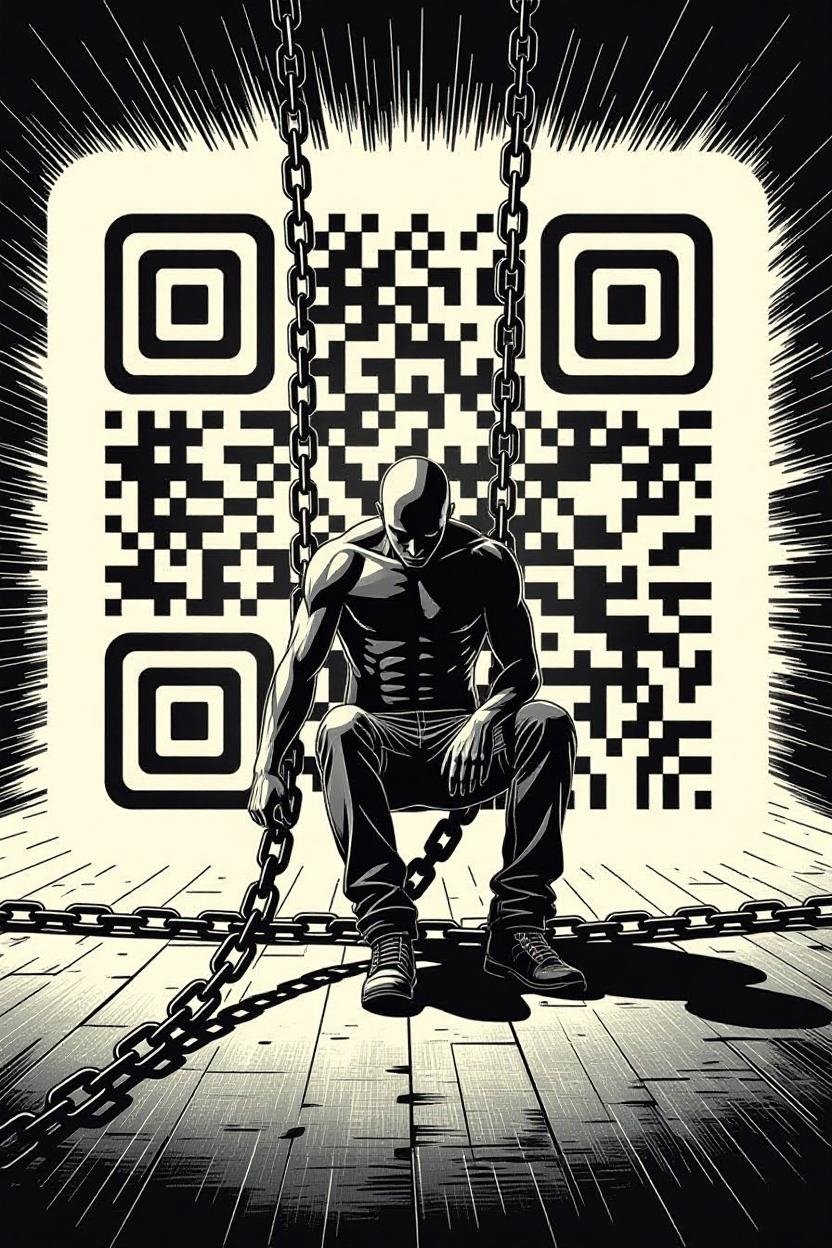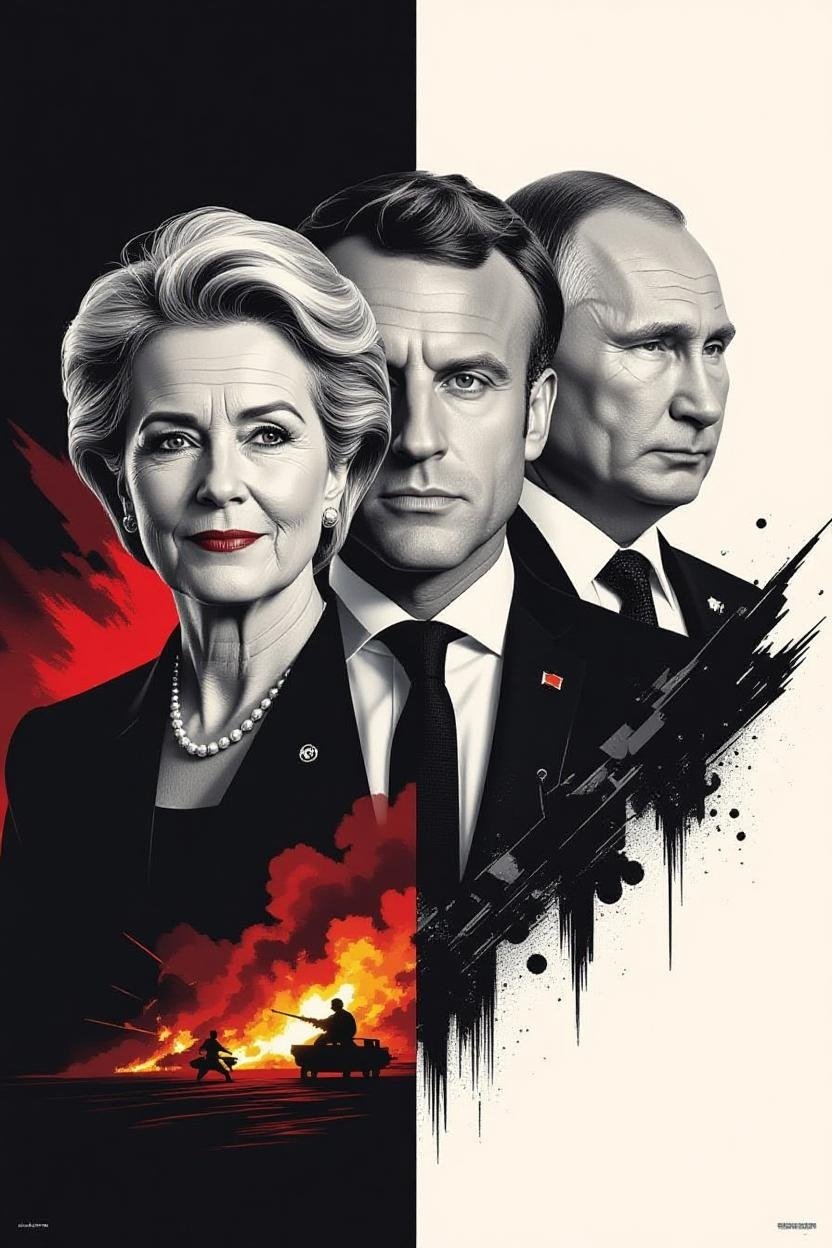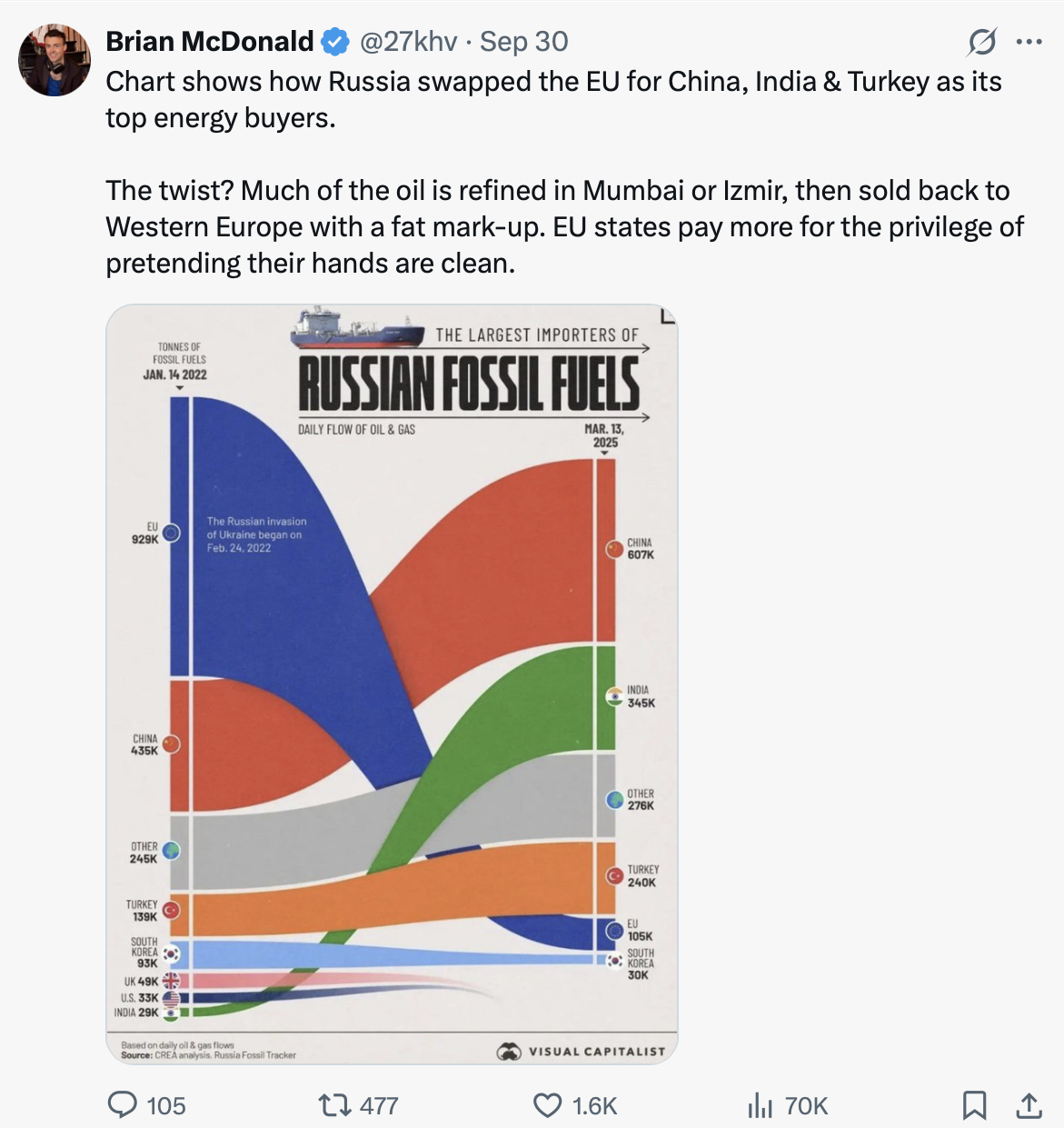Europe’s Liberty Feed
Unchained News
Friday’s Unchained Newsletter

Bitcoin, Blockchain & Crypto
Sports Economics
Business & Free Markets
Geopolitics
Science, Society & Tech
Unchained Reads
A Visionary Blueprint for the Future
In an era where cryptocurrencies make headlines, remote work has shattered traditional borders, and AI is reshaping economies, few books feel as eerily prophetic as The Sovereign Individual: Mastering the Transition to the Information Age by James Dale Davidson and William Rees-Mogg. Published back in 1997, this groundbreaking work isn't just a historical curiosity—it's a roadmap to understanding and thriving in our hyper-connected world, igniting your imagination and equipping you with insights that could change how you navigate the 21st century. What makes this book so compelling today, is how spot-on many of its forecasts have proven. If you're ready to embrace the information revolution and position yourself as a "sovereign individual" in this new era, grab a copy today—don't miss out on this timeless classic; it's not just a book, it's your guide to the future.
🇬🇧 English Copy
🇩🇪 German Copy
Featured
Unchained History
On October 3, 1990, East and West Germany formally reunited after decades of division, marking the symbolic end of the Cold War in Europe and paving the way for greater European integration through the expansion of the European Union.
On October 4, 1957, the Soviet Union launched Sputnik 1, the world's first artificial satellite, from Kazakhstan, igniting the Space Age and escalating the technological rivalry between Eastern and Western blocs during the Cold War.
On October 5, 1910, revolutionaries in Portugal overthrew the monarchy in Lisbon, establishing the First Portuguese Republic and inspiring republican and democratic reforms across early 20th-century Europe.
On October 6, 1908, Austria-Hungary formally annexed Bosnia and Herzegovina, triggering the Bosnian Crisis that heightened ethnic and nationalist tensions in the Balkans and contributed directly to the outbreak of World War I.
On October 7, 1949, the German Democratic Republic was proclaimed in East Berlin, solidifying the Iron Curtain's division of Europe and intensifying ideological conflicts throughout the continent during the early Cold War era.
On October 8, 1991, Croatia's parliament severed all remaining constitutional ties with Yugoslavia, affirming its full independence amid the violent dissolution of the federation and reshaping the political map of southeastern Europe.
On October 9, 1914, German forces captured the Belgian city of Antwerp after a prolonged siege during World War I, allowing them to secure key ports and fortifications while exacerbating the humanitarian crisis and stalemate on the Western Front.
Unchained Quote
“The German Reunification and unification of Europe are two sides of the same coin.”
Helmut Kohl
Hayloo Unchained
Europe's Liberty Feed
Independent & Uncorrupted
Subscribe
for Weekly
Sovereign Headlines
Every Friday
To Your Inbox







